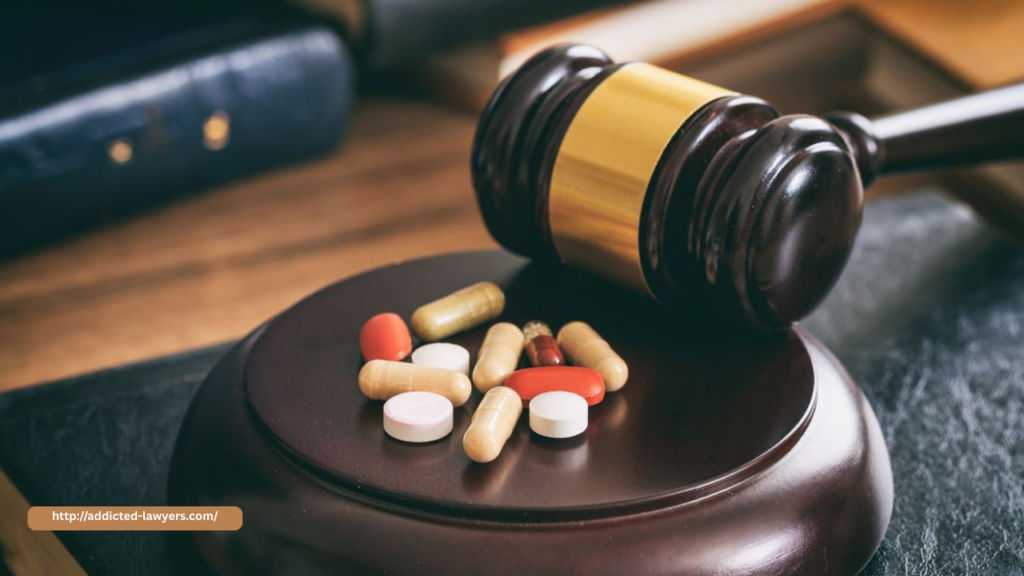
The legal profession, admired for its intellectual rigor and societal importance, carries a darker undercurrent that is often overlooked—substance abuse. While lawyers are tasked with upholding justice and defending the rights of others, many find themselves grappling with the intense pressures of their roles, turning to alcohol or drugs as a coping mechanism. The toll of this demanding profession is not only mental and emotional but, increasingly, one of dependency and addiction.
A Profession Defined by Pressure
The life of a lawyer is filled with relentless demands. Whether navigating intricate legal codes, preparing for trial, or counseling high-stakes clients, the pressure to perform is immense. Long hours, unpredictable schedules, and high expectations from clients and colleagues alike contribute to chronic stress. For many, the boundary between professional obligations and personal well-being becomes blurred, with little time left for rest or reflection.
This constant state of tension often leads lawyers to seek immediate relief through substances. Alcohol, in particular, is deeply embedded in the culture of the legal profession. Firm functions, client meetings, and even post-courtroom debriefs often include drinking, normalizing behavior that can easily spiral into dependence. Additionally, stimulant and prescription drug abuse is rising, with some lawyers relying on substances like Adderall or benzodiazepines to maintain focus, manage anxiety, or meet exhausting workloads.
The Scope of the Problem
Substance abuse among lawyers is alarmingly prevalent. A 2016 study by the American Bar Association and the Hazelden Betty Ford Foundation found that 21% of licensed, employed attorneys qualified as problem drinkers, with many also reporting misuse of prescription drugs. Younger lawyers, particularly those in the first decade of their careers, showed the highest levels of substance use, pointing to a growing crisis that begins early in a legal career.
Despite these troubling statistics, many attorneys hesitate to seek help. The stigma surrounding addiction, combined with fears of professional repercussions, often leads to silence and secrecy. The expectation of competence and control discourages vulnerability, leaving many lawyers to suffer in isolation until their addiction severely impacts their work, relationships, or health.
Moving Toward Solutions
Addressing substance abuse in law requires a multifaceted approach. First, the legal industry must break the silence by openly acknowledging the issue. Law schools and firms should incorporate mental health education and provide resources that emphasize early intervention. Creating an environment where seeking help is not only accepted but encouraged is critical.
Lawyers Assistance Programs (LAPs) offer a confidential lifeline, providing counseling, support groups, and treatment referrals. Many bar associations are now prioritizing wellness initiatives, encouraging lawyers to take mental health days, establish work-life boundaries, and practice self-care techniques such as mindfulness and physical activity.
Conclusion
The toll of a demanding legal career extends far beyond the courtroom. Substance abuse is a real and growing concern that undermines both personal well-being and professional integrity. By fostering a culture of support, transparency, and proactive care, the legal profession can better protect its members and promote long-term, sustainable success. It’s time to confront the crisis head-on and ensure that those who fight for justice are not left to battle addiction alone.